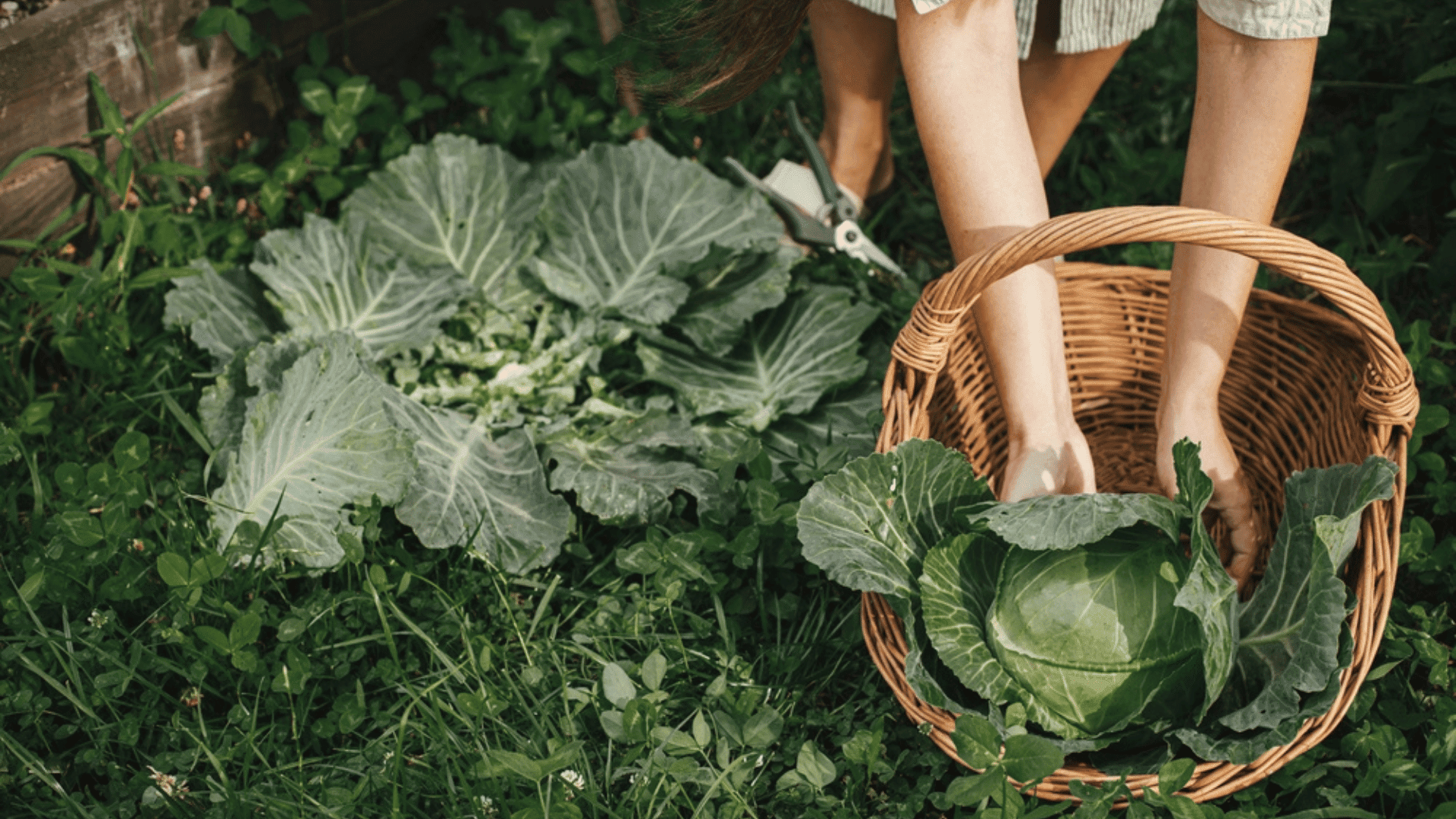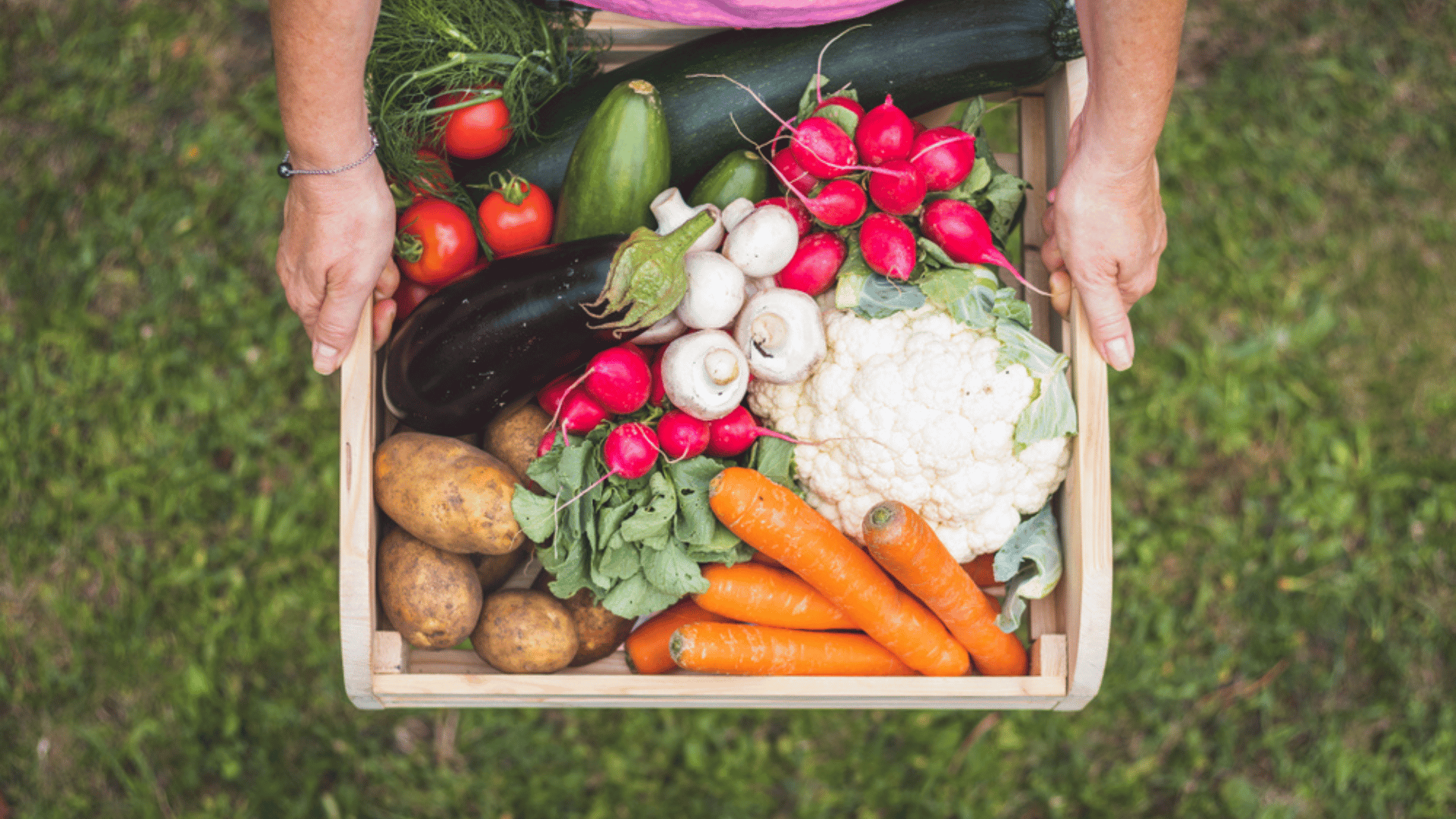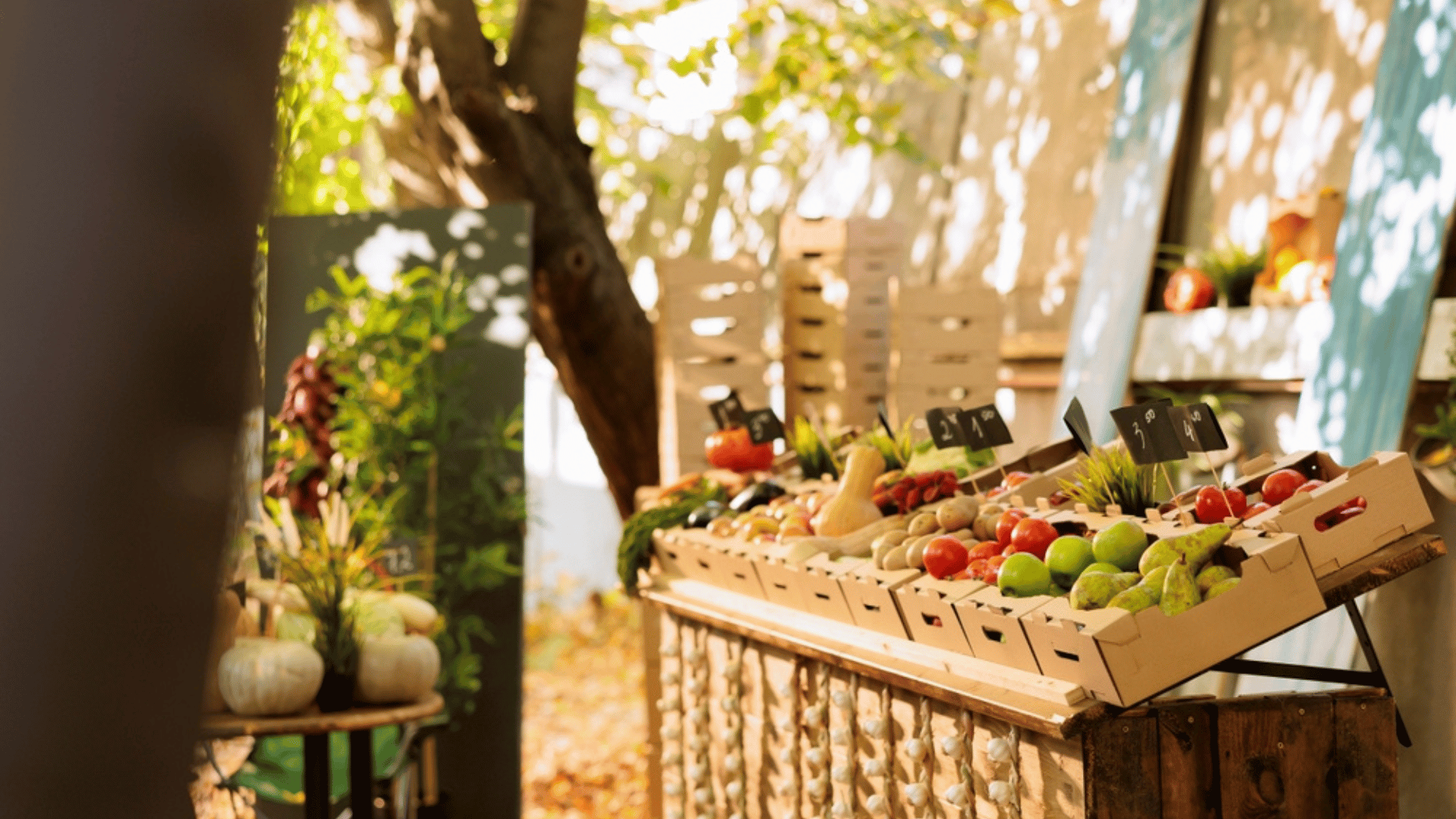When it comes to homegrown vs. store-bought foods, which is the best option for your lifestyle? Here, we explore the pros and cons of store-bought vs. garden-grown foods, including time requirements, cost-effectiveness, environmental impact, and more.
Health

Homegrown foods are typically harvested at peak ripeness, so they taste better and have better nutritional value than store-bought alternatives. Store-bought options also involve long storage and processing times, which can deplete the food’s vitamin and mineral content.
Additionally, home growers avoid the harmful pesticides, waxes, and preservatives with which store-bought foods are often treated. The act of gardening itself also provides the body with the added health benefits of physical activity and fresh air.
Cost

Though the cost of initially setting up your home for gardening can be expensive, maintaining a home garden can help you save money on groceries in the long run. Ensuring you have homegrown options also allows shoppers to avoid the market variability on the prices of various supermarket products.
Time
One of the tradeoffs for homegrown vs. store-bought food options is the time requirements. Gardening requires continuous effort, including keeping up with daily weather conditions, watering, ensuring plants are receiving enough sunlight, pest control, harvesting, etc. Store-bought foods are available year-round and are easily accessible by simply driving or walking to the store. Homegrown foods can often stay fresh longer than store-bought options, as demonstrated by the video above.
Reliability

Store-bought options also have the benefit of reliability as they’re available year-round. In contrast, homegrown foods are subject to limitations such as weather conditions and growing seasons, making their yields often unpredictable and difficult to rely solely upon.
Sustainability

Regarding sustainability, homegrown foods can’t be beat as they reduce the reliance on transportation, storage, and packaging – all of which contribute to greenhouse gas emissions and waste. Even attempting to incorporate more homegrown options and relying on supermarkets solely during times of unreliable yields or seasonal variations can go a long way toward helping the environment.







